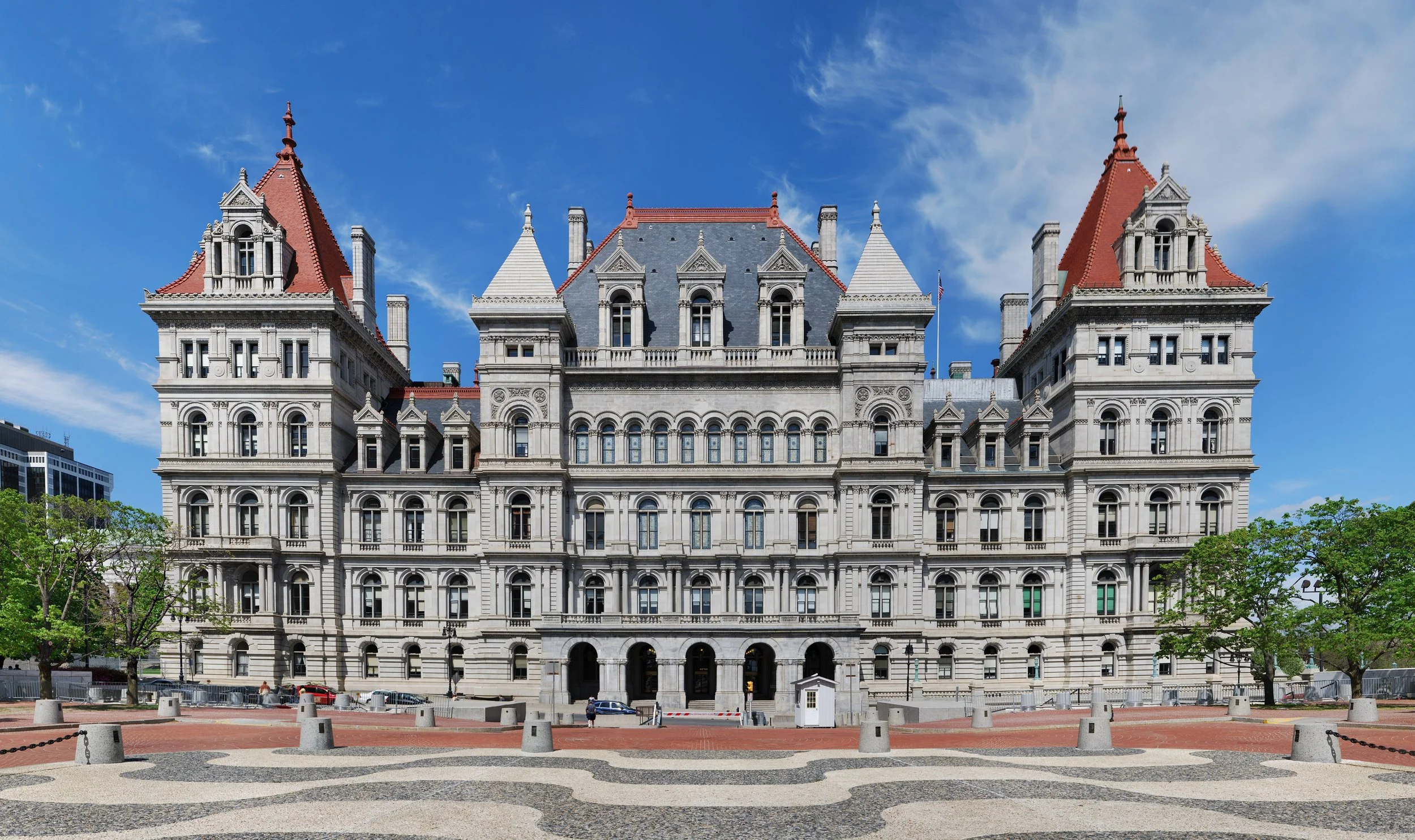State environmental conservation officials have given Brookhaven Town an additional three months to recommend cleanup plans for a miles-long toxic plume emanating from the town landfill.
The Department of Environmental Conservation set a new May 1 deadline for finishing the report, which is expected to outline plans for cleaning up the landfill after groundwater testing in 2023 discovered so-called "forever chemicals" in the plume, which extends about 4 miles from Brookhaven hamlet south toward Bellport Bay.







